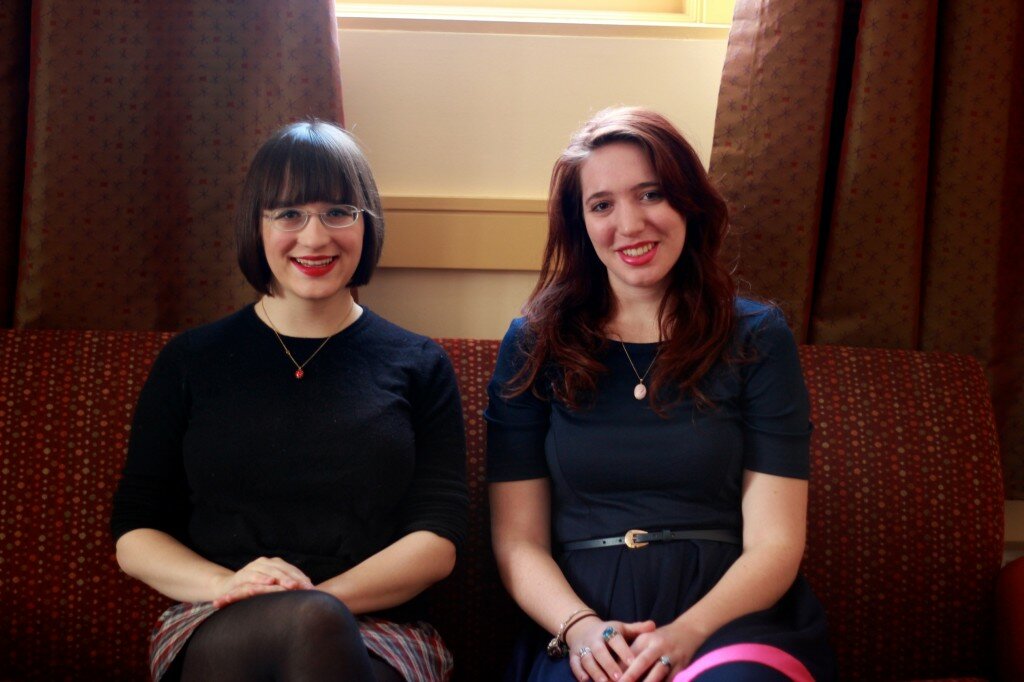2013 Fulbright winners recall last summer’s journey
The Fulbright Summer Institutions are looking for new applicants once again. This competitive program allows for accepted students to study at selected U.K. universities over the summer. Each program is concentrated around a specific theme, such as Scotland: Identity, Culture and Innovation. In order to be eligible, the applicant must be a U.S. citizen, have a minimum 3.5 GPA and hold either freshman or sophomore status. Students who appear to be mature, responsible and open-minded are the ideal candidates. Christine Overstreet, the national fellowships and graduate school advisor, calls the program a “great opportunity for students who have great promise.” The program was created in 1948 by the U.S.-U.K. Educational Commission. Programs take place all over the U.K., which is comprised of Wales, England, Scotland and Northern Ireland. They were designed to encourage discussion of current political, social and cultural issues that affect both nations today. Overstreet explains it as “…a bi-lateral effort that exposes American students to the British university system and culture, and fosters mutual understanding between the U.S. and the U.K.”
Out of hundreds of applications last year, there were two winners from Mount Holyoke, Julia Spector ’16 and Gabrielle Lachtrup ’16. Spector applied to Durham University, whose theme was The Northern Borders of Empire to the Making of the Middle Ages. Spector described Durham as having a “young, hip college vibe” mixed with a medieval setting. The program was four weeks long which was “a nice length of time.” It centered around archeology and Ancient Roman influence on British history. The program had a large assortment of activities and students were constantly interacting with locals. They also dove headfirst into their environment. After the first two weeks, Spector was participating in an archeological dig, as well as touring a cathedral, where she got to look at an original manuscript and hear the text read in Welsh and Old English. There were also frequent hikes and pre-planned outings every Sunday. Saturdays were free, so many students took the opportunity to visit nearby cities. Spector chose to go to York. She comments that the entire experience was “worth five hours of the application.” She met “the most kind and inspiring people, professors and peers.” She also came to a realization of what she wants to study: art history and religion. “It altered my academic course… and caused me to learn about my home identity as an American.”
In turn, Lachtrup decided on the Wales Summer Institute. Over the course of six weeks, she took classes at three different universities. “No matter what academic interest you have, you’ll get something out of it,” explained Lachtrup. The program was described as being interdisciplinary, where students learned about Welsh culture, history and geographical differences, along with how industry has shaped modern Wales today. The group of eight hiked all over Wales, seeing the entire country and hitting all the tourist spots. It was an experiential learning program, with the main assignment being journal entries, where each student wrote about any topic of their choice, as long as it pertained to Wales. Much like Spector, Lachtrup had Saturdays free and each Sunday had a preplanned outing. The students visited at least 14 castles and even experienced some sea traversing, where they edged along cliffs. Lachtrup describes her group as “modest and kind” and felt like they all had similar interests. At the end of the program, they met with Welsh politicians and industry workers. She “fell in love” with the U.K. education system and is very much considering pursuing graduate school there, whether it be in Wales or England. She learned about subjects she had never considered learning about. Like Spector, Lachtrup found it to be a life changing experience.
For students interested in applying next year, Overstreet suggests already thinking about which program you plan on applying to, and starting to think about how to “make a case” for why “you have a really good reason to be in this program.” Applications open up mid-January next year.

Photo courtesy Mount Holyoke College Archives & Special Collections
Fullbright scholars Gabrielle Lachtrup ’16 and Julia Spector ’16.


